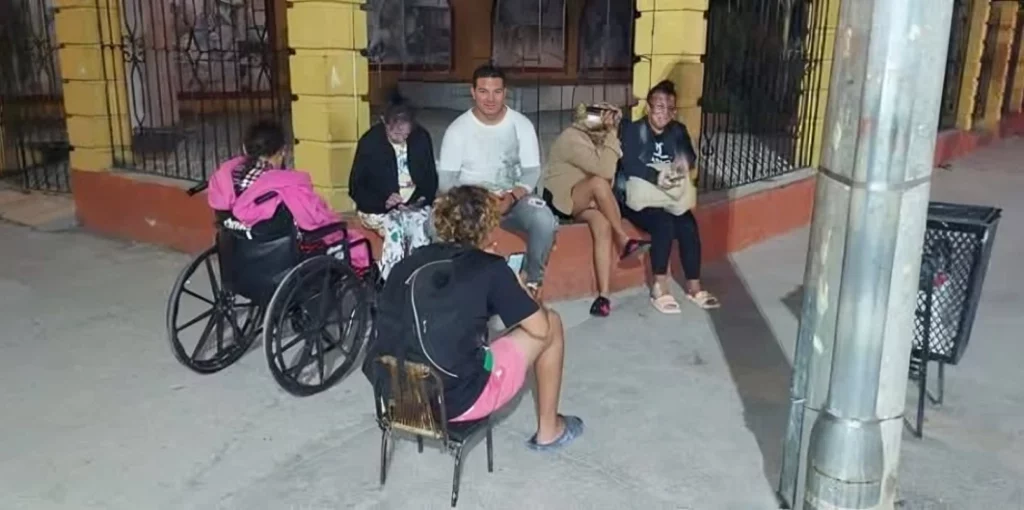Through an open letter, from different fronts a call was made to the National Government, the Colombian Institute of Educational Credit and Technical Studies Abroad (Icetex) and the Congress of the Republic to address the situation that the higher education sector is going through in Colombia.
The signatories of the letter include public sector actors; rectors and former rectors of educational institutions; student representatives; business leaders; experts; spokesmen; business organizations; unions, and associations, who direct their concerns to the Minister of Education, José Daniel Rojas; to the Minister of Finance, Diego Guevara; to the Minister of Science, Yesenia Olaya; to the president of Icetex, Álvaro Hernán Urquijo, and to members of the Legislature.
The text emphasizes the announcement made in mid-December regarding the reduction for 2025 in educational credits offered by Icetex, which will go from the 63,000 planned for that year to only 10,000. According to the group, this decision would not only hinder the access of thousands of young people to education, but would also threaten sectors such as technology, science and innovation.
“This figure is equivalent to just one sixth of the credits granted in previous periods, if one considers that, as of October of this year, 55,854 students accessed the credit as new beneficiaries”it is explained in the letter.
The document also mentions that the lack of resources and the cut in the supply of new credits jeopardizes goals for expanding coverage of higher education and also violates the fundamental provisions established in the 1991 Political Constitution regarding this right.
(Read more: ‘History of the GEA did not begin in the 70’s; it was at the beginning of the century’)
Higher education
(Read more: This is the best city to live in Latin America, according to ‘The Economist’)
“Dramatically reducing the supply of educational credits deepens the social and economic gaps, and makes the coverage goal set in the National Development Plan unattainable. Projected over five years, it would mean the virtual disappearance of educational credit in the country”the signatories highlight.
Along these same lines, the accumulated debt of more than 171 billion pesos that Mineducación has with Icetex and of the impact that this could have on the sustainability of the mixed system of higher education (public and private universities).
Another concern that is highlighted is the non-allocation this year of the budget destined for tax benefits for innovation projects carried out by the productive sector, as well as the reform
proposal in Congress to the royalty system for Science, Technology and Innovation (CTel).
In that context it is that The Government is called upon to evaluate recent decisions and its effects on higher education.
In this sense, the Government is urged to “guarantee the 63,000 credits projected for 2025, pay off the debt of ICETEX credits to higher education institutions, finance the tax benefits in 2025, and ask Congress to reject the reform of the science, technology and innovation royalty system.”
At the same time, the signatories highlight the importance of promoting progressive measures that open the doors to the future for thousands of young people in the country and encourage scientific and innovative development. “Investing in education, more than a legal obligation, is a strategic necessity for the social and economic progress of Colombia”they add.
(More news: Looking for work abroad? The Sena opened vacancies for Canada)
PORTFOLIO
















